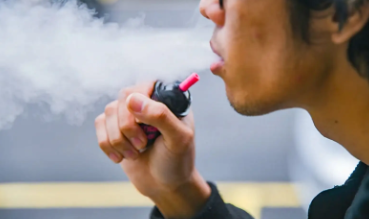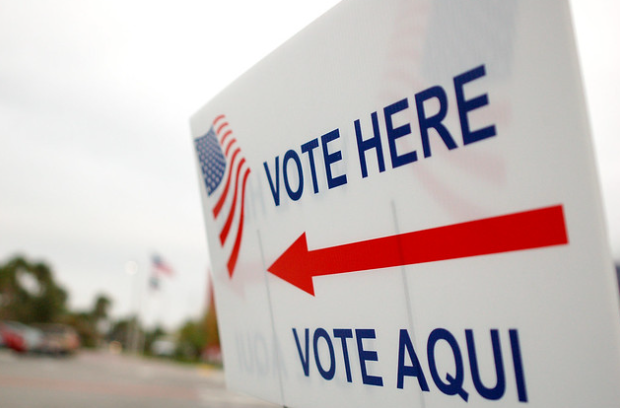The Problem With American Education
August 12, 2018
Each day, I slog through seven hours of a corrupted educational environment. I am not alone. Coming into high school, I was a fantastic student. I was the kind of kid who loved homework and spent all my time learning new things. I loved the grind of busywork, and was fighting through middle school, ignorant of the motivational burnout that was looming continually closer. Freshman year hit me like a bus. The sinking, spiraling feeling of a negative environment sucked me in, and many of my friends. Students joke about having Senioritis on their first day, and it’s true. The apathy, scarce excitement, and a complete drive away from learning. I experience the depressing realities of school everyday- in a place specifically allocated for teaching students essential life skills, there is a scarcity of learning. It’s not singularly the fault of students or faculty or administration. We are all part of the problem, a problem where legislation and money and “education” standards reign supreme.
The lack of learning that I experience is partially my own fault, but I was not born with meager creativity and motivation. Even though I already had a distinctly pessimistic attitude, it certainly festered in my educational environment, creating an infection of bitterness and cynicism that led to a loss in hope for learning in high school. My pessimism mutated into an all consuming anger at the educational system, and everyone in it. This begs the question, what is the Problem with the education system, and how does it begin to take effect in students?
It starts early. Kindergarten is fun. Motor skills are refined, creativity encouraged, learning chased after. Somewhere along the way, that excitement is snuffed out. It happens when we go from coloring outside the lines to filling out a worksheet to meet a proficiency standard. It happens when we spend five days a week sitting at a desk and repeating the same tedious task each day. How is it that we get to the point where we memorize and regurgitate “knowledge” onto a scantron and forget about it five minutes later? If this is knowledge, then what is the point? What is the point of sitting through seven hours of pain? An education, in my eyes, is learning how to think and problem solve. If I am not receiving that kind of curriculum, where questions are encouraged and opinions debated, sitting through classes seems useless and hopeless. Schools are the breeding ground for a student-wide existential crisis. Without something to hold on to that allows for cognition and speculation, I believe “education” loses it’s purpose. That is the Problem.
This is not due to bad teachers or even bad administration. To be perfectly frank, I am unsure of the exact origin of the problem. It may even be a societal shift causing this unfortunate divide between learning and public school. It would take a lot more research and about five hundred more pages to touch on the culmination of factors that are affecting learning today. However, I do understand how it affects students, being one myself. I cannot speak for everyone, but without some intellectual fascination, I find life abysmally bland. Getting through class each day is a struggle. Perhaps we, the students, suffer through school for college, where we might actually stumble upon something that resurrects our curiosity. Unfortunately, getting into college is increasingly difficult, and students are graduating high school with memorization skills, which, while helpful in many ways, are not the critical thinking skills that are required in college and in the work force. I’m not sure that there is a “fix” to this issue, and to think that it could change overnight would be unbelievably naive. I think the american school system should take a look at some very different approaches. That system includes legislators and laws that allocate funds and set rules and requirements, administrators running the schools, teachers who are so desperately trying to adhere to the testing requirements and standards while hoping to make kids think, and finally students, like me, who have a wonderfully pessimistic attitude when it comes to trying to get through the current predicament they are in.
Most students survive four years where everyone is trying to keep their head above water. No student should suffer in a learning environment. This is, I am certain, not the intent of all those tax dollars and all that time that is spent creating schools. I hope that perhaps I’ve inspired some thinking- which in the current state of education- can be hard to find.




















































































































































